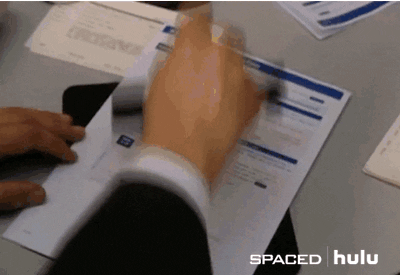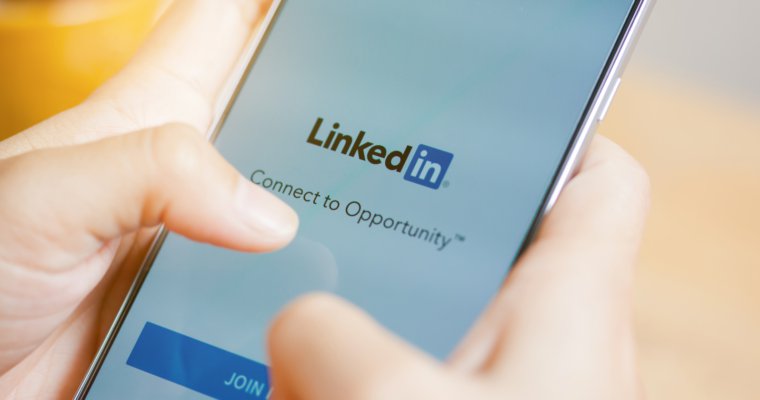If you’re a fresh college graduate looking to make your first step into the ‘adult’ world, you’ll know how scary and confusing getting that first job can be. The journey from deciding to work to getting a job is a long one.

As a fresh graduate in the creative industry, I wish there were some tips someone had given me before I started applying for jobs. There are some basics that every college graduate should know before they start applying for their first jobs. Don’t worry, we have it all broken down for you. Read on..
The key to applying for the right job is good research.
In the process of applying, be careful of where you’d apply, since your very first job sets the tone for your career. Don’t apply just for the sake of applying. It is also smart to do research about the company, its background and employees. Websites like Glassdoor will have plenty of employee reviews you can check out. Check out the company through news, press releases to figure out if they have laid-off people, invited funding, etc.

Your CV should make the perfect first impression.
A CV is a one-page concise document, as compared to your resume that can be a bit longer with more details. Your CV should include details and skills relevant to your professional life, not marks or hobbies from school. Your contact details should ideally include an email, phone number and maybe your city of residence.
Unless you are applying for a job where your CV needs to reflect your creative skills, keep your CV clean, with a singular font and not too bright colours. Your employee should be able to read your CV with ease. Also, don’t be tempted to add frivolous stuff to your CV, keep it to one page.
If you’re emailing your CV, make sure your email body has a cover letter, indicating why you’re applying for this job and why you’d be perfect for it.

A side tip would be to have a separate, professional email for the process of applying. No employer wants to hire heart_stealer69@gmail.com.
Prepare yourself for rejection.
When applying, you have to be prepared for rejection in any scenario. More often than not, the very first job you apply for is not the one you’ll end up with. You will probably get rejected from 2-3 places before finding the one that accepts you.

The cliched advice of networking is very relevant, and just as true.
While applying around, work on building connections as well. Everyone you interact with is a potential industry contact, that could lead you to the right opportunities. LinkedIn is your new best friend. Apart from typical professional networking sites, social media is also an optimal space to connect. Beware that your employer can go through your public social media profiles, so keep them as clean as possible.

Sweet! You scored an interview. Now what?
For some, interviews can be the most daunting step. It is best if you try to tie your life experiences to the job description; show why you’re suitable for the job. Show that you can be adaptable to the company. Listen carefully to what they are saying, and remember your body language is speaking too. It’s okay to be nervous, just serve your answers with a smile.
When an interviewer asks you “tell me something about yourself”, don’t blindly recite from your CV. Add details or instances that aren’t mentioned in your CV, so that employers can have an overall opinion about you.

Interview your employer back.
In the end when an interviewer asks if you have any questions for them, don’t hold back! Ask sensible questions, like what is the potential for your growth as an employee, or what are the challenges you can expect, what is the case for appraisals. Sound curious and enthusiastic about the role you want, employers love their employees to be eager to learn and take on challenges.
The HR and current employees will help you gauge the work culture.
If you’re lucky enough to meet the HR of the company to talk about salaries, the best tip is to check out sites like Payscale for the industry standard for your job, for someone with your experience. Find out what the company usually pays its employees in order to figure out where you fit. If you offer a set of unique skills, you can leverage that to negotiate for a slightly high pay-package.
If possible, reach out to one of the current employees at the company and ask for their feedback. They will be able to give you a balanced idea of what to expect. Ask them about possibility of overtime work or how often you take work home from office.

Rejection is still a possibility here.
You can be rejected even after interviews. Just because you made it this far, doesn’t mean the job is guaranteed to be yours. There is still a possibility that employers may reject you after interviewing. In such a situation, if possible reach out to the employer, or their HR and ask for feedback, get to know where you fell short and work on those parts for your next interview.

Congrats! You got offered the job you wanted. Here’s what is next.
Between getting the job and your first day, there are still a couple of things to look into. Most important is your pay-package. Reach out to your HR to understand your salary breakdown, what type of allowances you are entitled to and what is your CTC (cost to company). If your salary falls under a tax bracket, this is also the best time to understand how taxes work because let’s face it, school or college never taught us.
A new concept that you will be introduced to is EPF, an Employee’s Provident Fund that will be deducted from your salary. Make sure you understand it.

Next, figure out the perks and benefits you may be entitled to, courtesy of the HR. This would mean holidays, leaves, expenses or even something as simple as lunch. Inquire about the possibility of a probation period and its duration, if you’d get paid full or a lesser amount. Your perks and benefits are important to achieve the right work/fun balance.
The most important part is to prepare yourself for a complete culture shift once you start working. No matter how much college will try to prepare for your first job, the real learning will only happen once you begin. The learning curve is going to be steep, so keep your cool, ask questions and work hard!


















